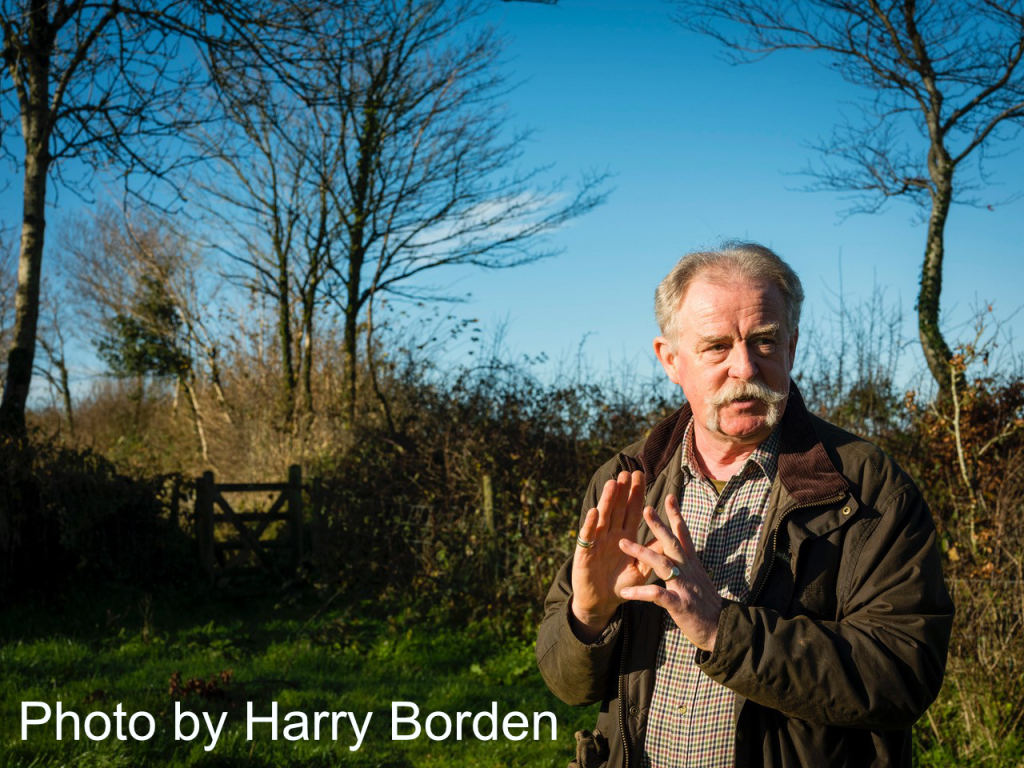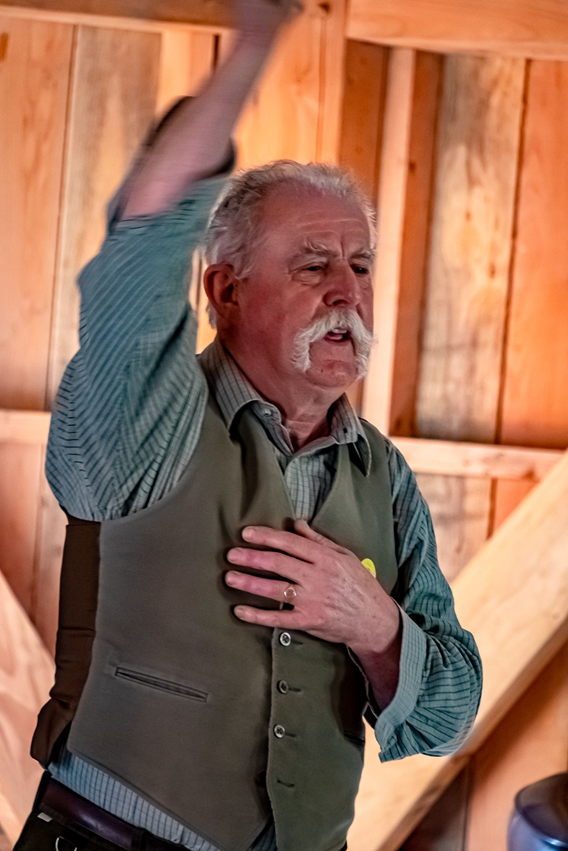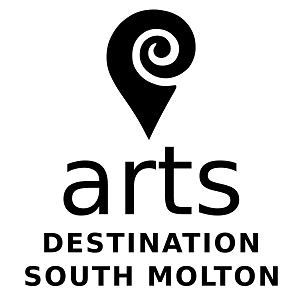with Myc Riggulsford

What price do we put on an oak tree, the view across Exmoor, or caring for your grandchildren, and how does society put a value on the world that surrounds us? Most of us can remember when butterflies, birds and bees, and wildflowers filled the countryside, but it’s now strangely quieter.
According to naturalists, nature itself is in crisis. The way we measure our economy doesn’t value an oak tree until it’s cut down and turned into timber for building, or burned as firewood, but that tree may have had a much deeper meaning for the local community, whose ancestors went courting under its branches for several hundred years.
Our Natural Capital is the clean air we breathe, safe water to drink, fish from the sea, good soil to grow crops in and bees to pollinate them, services we get apparently for free, but without which we could not survive. From 2020 the government was supposed to be including Natural Capital alongside Gross Domestic Product in the way we measure our economy, so has that oak tree now got a price?
This talk by science and environment journalist Myc Riggulsford looked at the concept of our Natural Capital, focussing on the special contribution of North Devon in our society today.
Review

What do you see as valuable in your life? Your material possessions? Your car, your house, your family? That was the question being explored in Myc Riggulsford’s talk as part of Arts Destination South Molton’s series of lectures for their Deep Roots Festival “Natural Capital: Our Wildlife, Woodlands and Local Culture”.
Myc – the self-proclaimed Ed Sheeran of the science world, started his talk with his usual good humour and candour – and began re-telling the story of how we as a species have so appallingly let down the natural world, ruining the environment for many generations to come. By all accounts, by the end of the talk, words like “depressing” and “sad” were being thrown around by people in attendance. But having had a few days to think about what was covered, it’s only ignited my fire to do what I can to help fight against the climate decay that we’re ‘torpedoing’ ourselves into.
Twenty years ago, the world was told about the global heating problem and how it would affect the world and its people. A figure of 1.5 degrees was used to show how catastrophic the effects of this rise in temperature would be to the planet. This was made all the more shocking when Myc reminded us that currently we’d only really seen a rise of 1.2 degrees – and look where we are now: flooding, earthquakes, cyclones and hurricanes; dare we even say Covid?
Myc took us on a journey over the last two decades and explained in his charming, humorous and candid manner, what little had been done by those in power to improve things and mitigate against the horrors. And, yes! They can only be seen as horrors as many communities around the globe are having to deal with them now. He spoke about how politicians, governments, industry and organisations have placed value on wealth, jobs, incomes, mineral resources, goods and infrastructure, workforce education and skills, intellectual capital and foreign assets. All at the cost of the natural capital the planet needs to survive.
The value, to show the size and health of country’s economy, placed on incomes, goods and so on – under the banner of Gross Domestic Product, or GDP – has led us down the rabbit hole we now find ourselves in: energy and fuel shortages, health and wealth inequalities, irreversible climate change and yearly disasters, that no amount of man-made infrastructure can protect us from.
Ironically, it was a sugary treat that poured some hope on the situation, in the form of Doughnut Economics: a new visual framework for sustainability developed by Oxford University Economist, Kate Raworth. Myc’s time was coming to an end, so he was too rushed to go into much detail; yet he briefly explained how this economic model combines the concept of planetary boundaries with the complementary concept of social boundaries. How a cyclical model in which humanity reuses, recycles and reduces its footprint, is the key to ensuring a healthier and more sustainable future.
I spoke to a mother and her young son after the talk to try and get a sense of why they came to listen to Myc, but also what they made of the dire situation the natural world is in. They both volunteer in South Molton Community Woodlands, and even though it seems such an insurmountable task, they still feel that by doing their bit, in their little part of the world, they can make a difference.
And that is what will stay with me from the lecture. Yes, we’ve been told for decades what’s going wrong, what we’re doing wrong and how detrimental to the planet our behaviours have become – but we are all still able to do our bit. And as we’ve seen with the global climate-change movement that our youngsters across the globe have taken on, mobilising, educating and resourcing this younger generation may well be the way we get ourselves out of the rabbit hole.
Gubs Hayer, Arts Destination South Molton supporter

